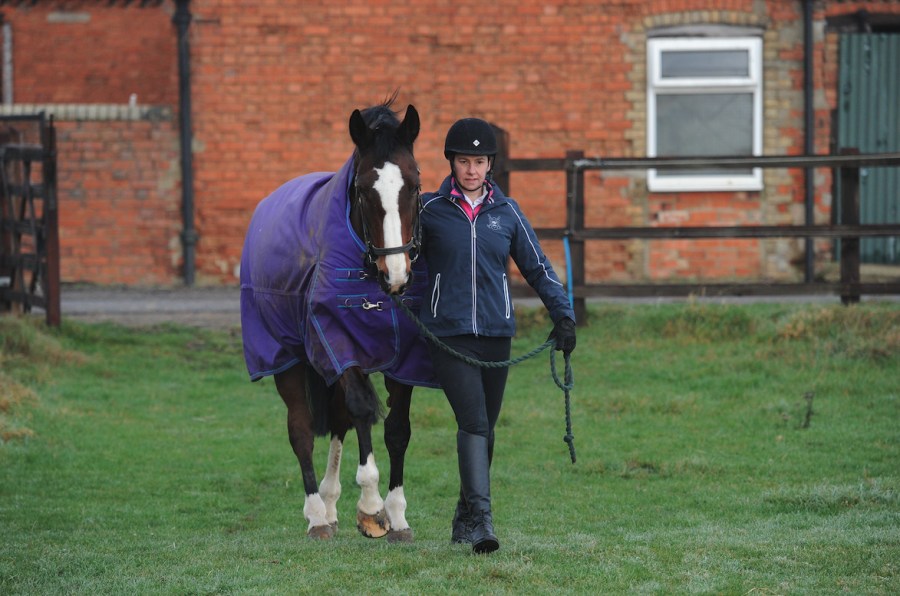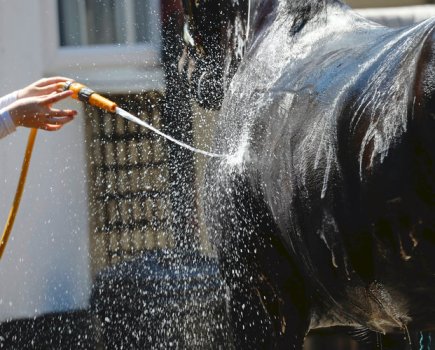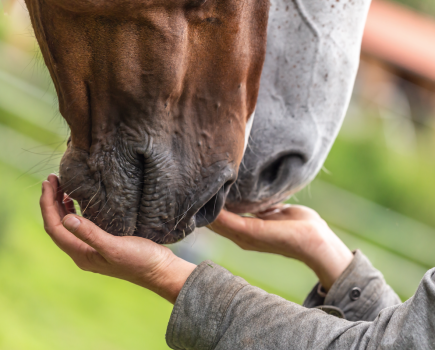Cuts and kicks and other mysterious injuries can and do occur when horses are turned out in a field.
Vets take many things into account when assessing a wound, but the following should always be considered, says vet Emma Cassidy from Oaklands Equine Hospital in North Yorkshire.
Location
Always seek vet attention when a wound is over a joint, tendon or appears to penetrate into a body cavity. Careful examination is vital in these cases.
Lameness
Lameness should be considered. Generally, horses don’t go lame with a simple flesh wound. If your horse is refusing to move or ‘toe-touching’ lame, don’t force him to do so unless you feel unsafe in the surrounding area.
Bleeding
Some bleeding is to be expected, but pressure should be applied to ongoing or streaming bleeding in the first instance.
Cleaning
Regardless of whether veterinary attention is needed or not, cleaning is an important part of wound care. If you need to clean a wound, use clean, running water. If your vet is en route, don’t apply any creams or powders, so that your vet can assess the wound thoroughly. Clipping hair off from around the wound will help to keep it clean.
Stitches
Some wounds may need closing with sutures or staples, and this should occur as soon as possible after the injury has occurred.
Cold hosing
Cold hosing a wound may help with any swelling that occurs, especially if it is warm to the touch, but keep an eye out for any discharge or bad smells from the wound that could indicate infection. You can use dilute Hibiscrub to clean the skin around the wound but try to keep it out of the wound itself where possible.
Swelling
Swelling indicates there is a problem somewhere, but it’s not always immediately obvious where. Some swelling is painful while some isn’t. It’s always a good idea to call your vet for advice.
Calling the vet
If you have any concerns with a wound, no matter where you are in the healing process, take pictures of it and send it to your vet, who will be more than happy to advise you and, of course, visit your horse to assess in person. It is better to seek advice early, rather than wait and risk an injury that looks innocuous turning out to be something serious.
Your Horse’s First Aid Week is in partnership with Absorbine.









